Should UN Ambassador Have Cabinet Rank?
David Bosco wonders, "Why is the United Nations Ambassador in the Cabinet?"
David Bosco wonders, “Why is the United Nations Ambassador in the Cabinet?”
It’s a practice that very few other countries follow (an astute observer pointed out that Rwanda’s UN ambassador is in that country’s cabinet). Nor has U.S. practice been consistent. Ronald Reagan included Jean Kirkpatrick in the cabinet, but George H.W. Bush (himself a former UN ambassador) discontinued the practice. That meant that one of the country’s most effective recent ambassadors, Thomas Pickering, wasn’t a member of the cabinet. (His diminished status didn’t prevent him from skillfully managing UN diplomacy in the run-up to the 1991 Gulf War.) The Clinton administration restored the ambassadorship to cabinet rank, and Madeleine Albright moved from that post to become secretary of state. George W. Bush shifted course again, however, deciding to keep his UN ambassadors up in New York.
Does it matter whether the point person for UN diplomacy also has a seat at the inner table in Washington? I think it does, and I’d argue that the consequences are mostly negative.
He argues that cabinet status means the UN ambassador is in Washington too often when they should instead be in New York and that it violates the chain of command, since the UN ambassador should take orders from the Secretary of State. The former argument strikes me as reasonable whereas the second begs the question. (That is, if the UN ambassador should be a cabinet officer, then ipso facto they should answer directly to the president and if they should report through a cabinet secretary they shouldn’t hold cabinet rank.)
I tend, however, to side with Bosco on this one. First, as a general principle, there are already far too many cabinet officials. Second, I’m not sure why the UN ambassador should outrank, say, our permanent representative to NATO or our ambassador to the UK or China.
Further, the argument that a UN ambassador with cabinet rank will tend to have the president’s ear and thus more sway is itself circular. That is, presidents tend to give cabinet rank to UN ambassadors that they’re already particularly close to (Kirkpatrick, Albright, Susan Rice, and Power).
The fact that former UN ambassador Bush decided not to assign the position cabinet status as President Bush is also a rather powerful indicator.
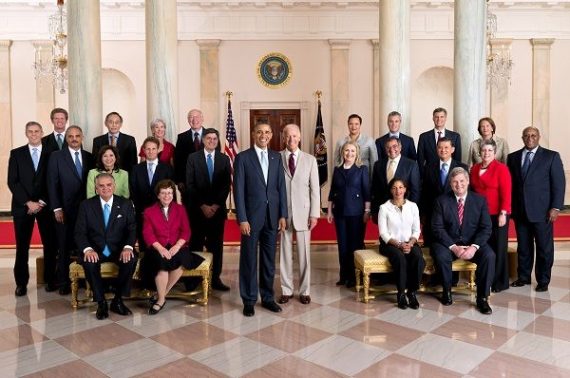

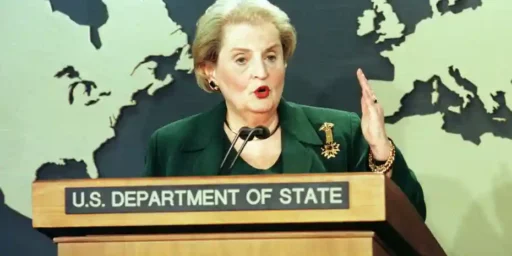
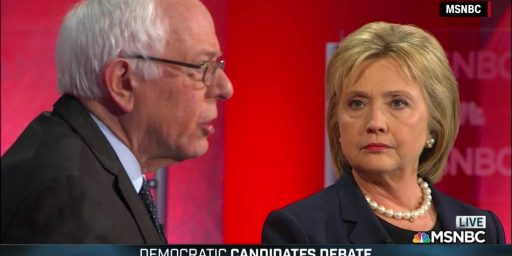
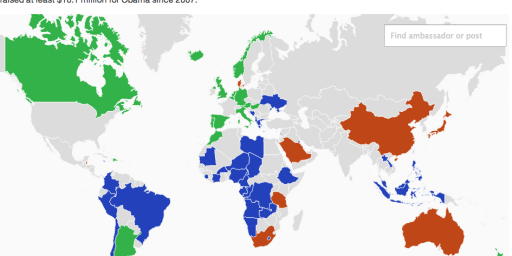

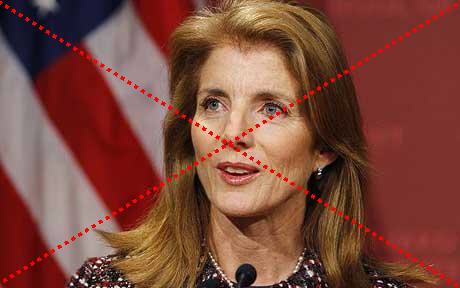
I wonder if part of it is political loyalty and the trust of the president.
Obama’s two SecStates were sitting Senators and former presidential candidates — Kerry actually won the nomination, and Clinton was his last-standing rival in 2008. On the other hand, Susan Rice had worked for Obama’s transition committee.
Condoleezza Rice was very close to Bush. Colin Powell had enough stature of his own to no tolerate the slight. Also, none of Bush’s UN Ambassadors had a really solid tie to Bush.
Clinton’s UN Ambassadors were political allies and supporters. The exception was Holbrooke, who was first passed over for Albright and only got the top job at the end.
I find myself agreeing with John Bolton, who said that the Department of State doesn’t need two secretaries.
I guess that depends on the President. 😉
Did you forget the link to Foreign Policy? [Nope, just screwed up the link–I had the title in both the ALT and HREF tags. Fixed now. – jhj]
I see this as a status issue. The US was in at the founding of the UN and what better way to show its importance by giving our ambassador a seat at the cool kids table just like we do with EPA, FBI, etc.
Now whether this is optimal or leads to analysis paralysis is up to the whoever is at the head of the table
This is an actual question, as UN Ambassador is a position I’ve never noticed much before, but does that person actually have a lot – or any – personal authority? Or do they just pass on what they’re told from DC? Or is that really determined by the personality in the position? I can’t imagine any other ambassador wielding cabinet-level influence, so I don’t see why this should ever come up except as a way for a sitting President to stroke an ego or “mark” that person as someone who’s going to go Someplace Big (probably SecState) as soon as the current occupant goes away…
The Cabinet is of decreasing importance. The shift in the past 30 or so years has been away from Cabinet meetings and more toward policy groups. For example, these days, the National Security Council carries a lot of foreign policy weight. It includes several Cabinet officers but has its own staff and its own opinions.
Some of this shift is due to a change we’ve recently discussed, a president’s difficulty in getting the people he wants through the Senate. It touches on another recent discussion as well, that communications are easier these days. Another possible reason for it is the nearly-overlapping jurisdictions of federal agencies – if you want to cut down a tree, you may need permission from EPA, DOI, DOE, BIA, and/or who knows who else. Whatever the reasons, it doesn’t much matter whether the ambassador to the UN is part of a group that rarely meets. Particular presidents will work out their own channels.